Menu
Columns
Showing 3546 Columns
Showing 3546 Columns
September 8th, 2014
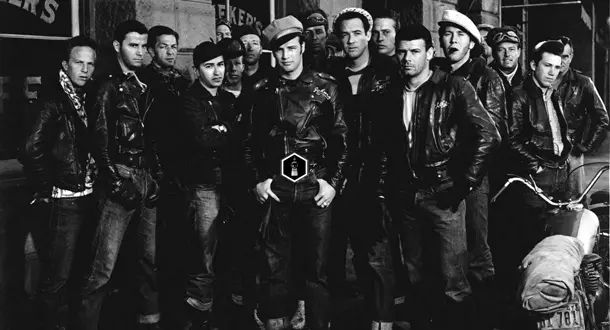
LURID: vivid in shocking detail; sensational, horrible in savagery or violence, or, a guide to the merits of the kind of Bad Books you never want your co-workers to know you're reading.
Read Column →September 5th, 2014
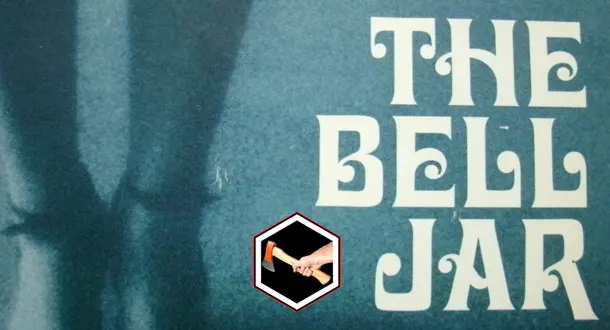
LitReactor presents a special guest edition of Culling the Classic! The Book The Bell Jar by Sylvia Plath (Heinemann, 1963) The Numbers The first paperback edition, brought out in 1972, sold out the first printing of 375,000 copies in a month, and since then trade has been brisk. Total copies sold must number in the millions.
Read Column →September 5th, 2014
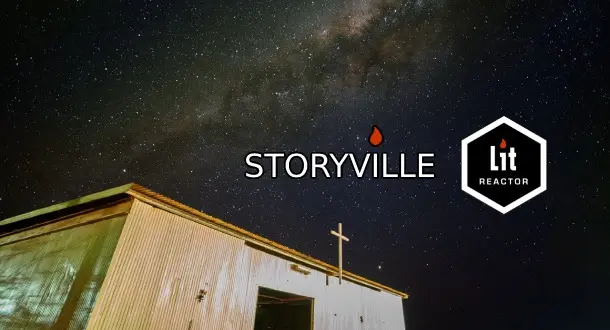
How do you write a novel without plotting? That’s insane, right? For me, it’s all about exploring the characters, sitting in their emotions, and making decisions based on logic, passion, conflict, and survival. It allows me to be more honest, and to follow the story to places that aren’t predetermined. For me, it keeps it fresh and exciting. Here are some tips. I hope they help.
Read Column →September 4th, 2014
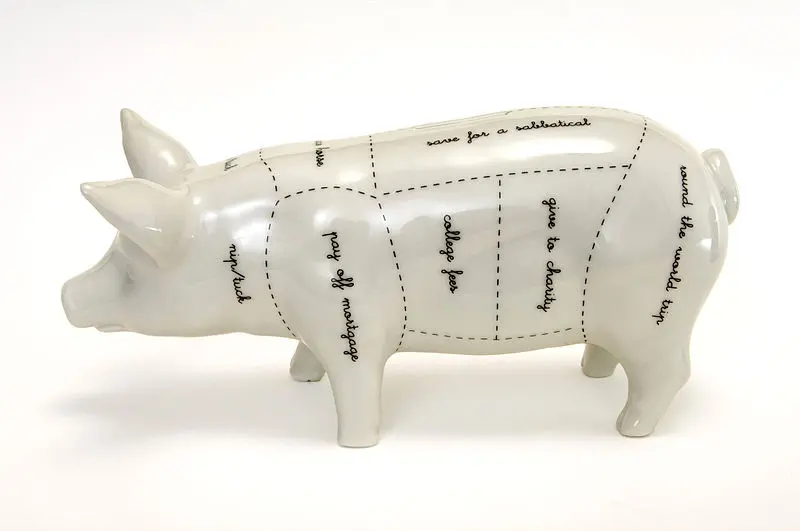
Pardon my French, but when a required textbook costs up to $300, it’s time to resort to expletives. September comes as a punch in the wallet for students everywhere. I doubt anyone will die of shock to hear that the price of higher education is out of control. It’s astronomical in the most literal sense; college bills have shot through the roof, past the stratosphere, and are hanging out somewhere near the Milky Way.
Read Column →September 3rd, 2014

Beautiful imperfection. It’s a term art critics have bandied about almost as long as there has been art to critique. The idea is that even in the most masterful works, it is the mistakes and shortcomings that give the piece its real character, and provide the truest insight into the creator. Maybe it’s because we admire perfection, but we understand flaws?
Read Column →September 3rd, 2014

After the collapse of my first book deal, I'm back in business—Polis Books will release my debut novel, New Yorked, in June 2015, and has contracted me for a follow-up, City of Rose. This is a monthly column about taking a book over the finish line. June 9th.
Read Column →September 2nd, 2014

Many people who want to become writers do so only to find that they can’t write. I don’t mean that in a qualitative sense—their writing sucks—but in a quantitative sense: they can’t come up with any words. It’s a wretched state to be in at first, but in order to sustain unproductive misery over the long haul, one needs to have a list of excuses close at hand to fend off the inquiries of smug and superior friends and gloating fellow writers. The following excuses serve that function. Please note that two of them are true stories.
Read Column →September 2nd, 2014
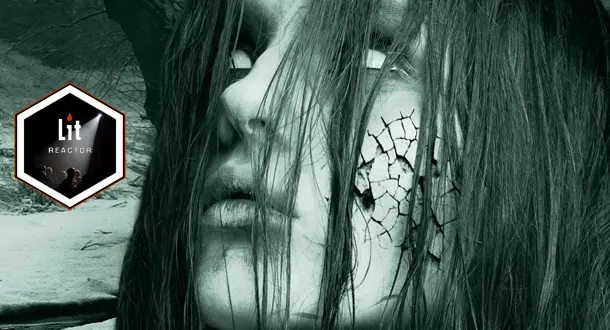
Ah, August. Otherwise known as the Month Where Nothing Happens, Unless You're a Fan of Wiggling Your Toes. The month where summer vacation ends, students must return to school, and people with real jobs think, "Huh, it's August already, I guess."
Read Column →August 29th, 2014

Flash fiction: A style of fictional literature marked by extreme brevity. Welcome to LitReactor's Flash Fiction Smackdown, a monthly bout of writing prowess. How It Works We give you inspiration in the form of a picture, poem, video, or similar. You write a flash fiction piece using the inspiration we gave you. Put your entry in the comments section. One winner will be picked and awarded a prize.
Read Column →August 29th, 2014

Some good friends of mine run a popular blog. It’s a hobby for them, but a successful hobby that they’ve worked hard at over the years. They've managed to gain an engaged and loyal following. They have well-known contributors from the industry, and have built up a credible reputation in their niche. So how do you think they felt when a registered company with a national brand came along and nicked their name?
Read Column →Submitting your manuscript?
Professional editors help your manuscript stand out for the right reasons.
